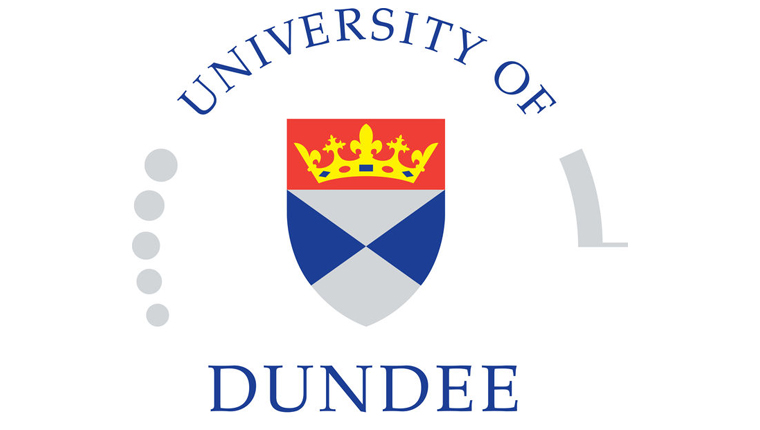
Clinical trial for potential Covid-19 treatment
The University of Dundee is leading the clinical trial of a new anti-inflammatory drug it is hoped may reduce instances of severe lung damage and death in Covid-19 patients.
Researchers from the University’s School of Medicine will work with drug development company Evgen Pharma to test whether the drug, known as SFX-01, improves outcomes for Covid-19 patients. This study is being supported by a grant from the medical research charity LifeArc, as part of its activities to address the need for new Covid-19 therapies.
Covid-19 causes the development of slowly worsening lung damage called acute respiratory distress syndrome (ARDS) in around 10% of patients admitted to hospital. When this occurs, no currently available drug can slow the progression of ARDS and patients ultimately require mechanical ventilation in intensive care until the inflammation resolves itself and the lungs begin to heal.
Unfortunately, some 30% of patients with ARDS may go on to die, while the number of patients requiring ventilation for ARDS has been one of the major challenges for healthcare systems. Finding treatments that can prevent the development of ARDS and improve patient recovery is therefore one of the top priorities for Covid-19 research.
Evgen Pharma develops medicines for the treatment of multiple diseases based on sulforaphane, a naturally occurring compound known to have anti-inflammatory properties. Its core technology is Sulforadex®, a method for synthesising and stabilising sulforaphane and its lead product is SFX-01.
“SFX-01 is an anti-inflammatory medication that we believe may have the potential to reduce some of the worst outcomes of Covid-19,” said James Chalmers, British Lung Foundation Professor of Respiratory Research at the University. “The body defends itself against inflammatory and oxidative stress by increasing levels of chemical called Nrf2. SFX-01 activates the Nrf2 system and puts it into overdrive to enhance defences against inflammatory damage.
“There is evidence that Nrf2 activation can reduce the severity of acute lung injury and ARDS. As such, we hypothesise that early treatment with an Nrf2 activator in patients hospitalised with COVID-19 may prevent deterioration and help to preserve precious ICU resources in the context of the pandemic. This is a completely new mechanism as there is currently no drug that targets Nrf2.”
The study will recruit up to 300 volunteers from hospitals across the UK, with patients offered the chance to participate immediately after their diagnosis. Half the group will receive SFX-01 in addition to standard hospital care while the other half will receive a placebo. Results are expected by the end of the year.
Nrf2 is part of the human natural defence against inflammatory and oxidative stress such as the inflammation that occurs during a severe viral infection. In animal tests, increasing the amount of available Nrf2 reduces the severity of ARDS, demonstrating its protective properties. However, there have been no human trials of SFX-01 in humans with ARDS to date.
SFX-01 is a patented composition of synthetic sulforaphane and alpha-cyclodextrin that has been shown to halt the growth of, or even shrink, tumours of breast cancer patients in clinical trials whilst causing very few side effects.
Professor Chalmers is also Consultant Respiratory Physician at Ninewells Hospital, one of the trial sites.
Barry Clare, Chairman of Evgen Pharma said, “We have great respect for the clinical and research staff at Dundee and are delighted to be supporting the University in this trial. We are excited at the opportunity to test whether an Nrf2 activator such as SFX-01 may have a role in helping the recovery of Covid-19 patients.”
LifeArc has made £10 million available to repurpose existing medicines or those in the late stage of development as this approach offers one of the fastest routes to develop new treatments that could tackle the virus and its impact.